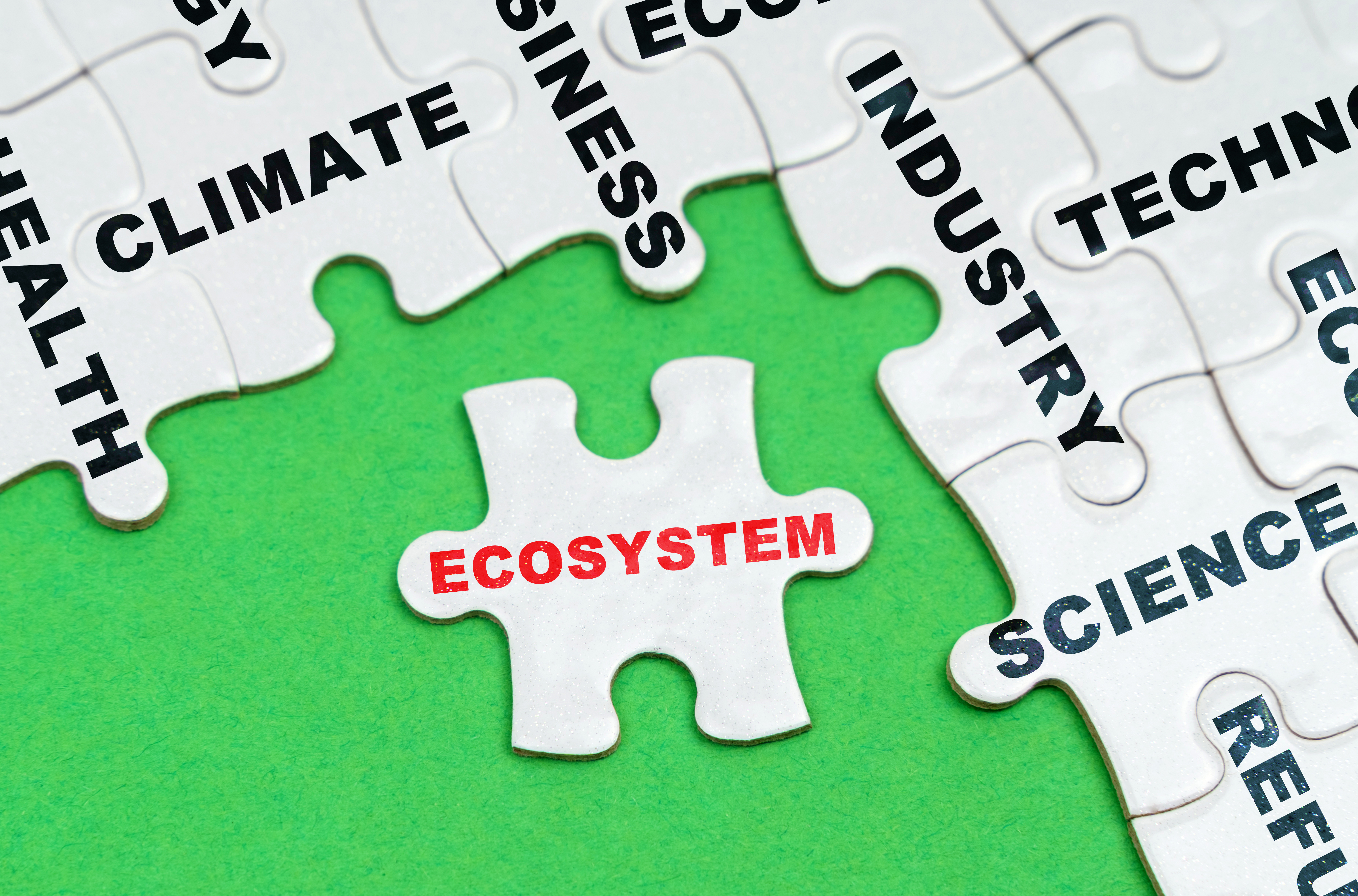
Options Magazine, Summer 2023: IIASA researchers have developed a model to measure the economic value of ecosystem services in Ubatuba, Brazil, emphasizing the need for population control and measures to protect these services.
Ecosystem services are the contributions of natural ecosystems to human wellbeing. Examples of these services include plants that provide and filter air and water, natural resources like wood and biofuels, and greenhouse gases that regulate our climate.
In recent years, an increasing number of global studies has proven just how valuable these services are to human health. In the wake of these new studies, there is a need to measure the undesired drivers that impact nature’s ability to provide these benefits.
In their study (the third in a series), researchers Bruno Meirelles De Oliveira and Brian Fath, both associated with the Systemic Risk and Resilience Research Group of the IIASA Advancing Systems Analysis Program, developed a new model to measure the economic valuation of a social-ecological system in Ubatuba, a Brazilian coastal city. Their results show that ecosystem services provide an economic value of US$ 622 million in this century, and the city must preserve the natural area from overcrowding and other threats.
“Our results show that the city needs to control the population visiting the area, which can lead to positive effects on the ecosystem services provision,” explains Meirelles De Oliveira. “While we cannot say whether it was influenced by our research, the good news is that the city did implement measures to reduce the number of visitors through strategic taxation. Hopefully, this will serve as an example for other cities in how to protect ecosystem services.”
By Jeremy Summers
Publication
Oliveira, B., Boumans, R., Fath, B. , & Harari, J. (2022). Coastal ecosystem services and climate change: Case study for integrated modeling and valuation. Global Ecology and Conservation 38 e02240. 10.1016/j.gecco.2022.e02240.


